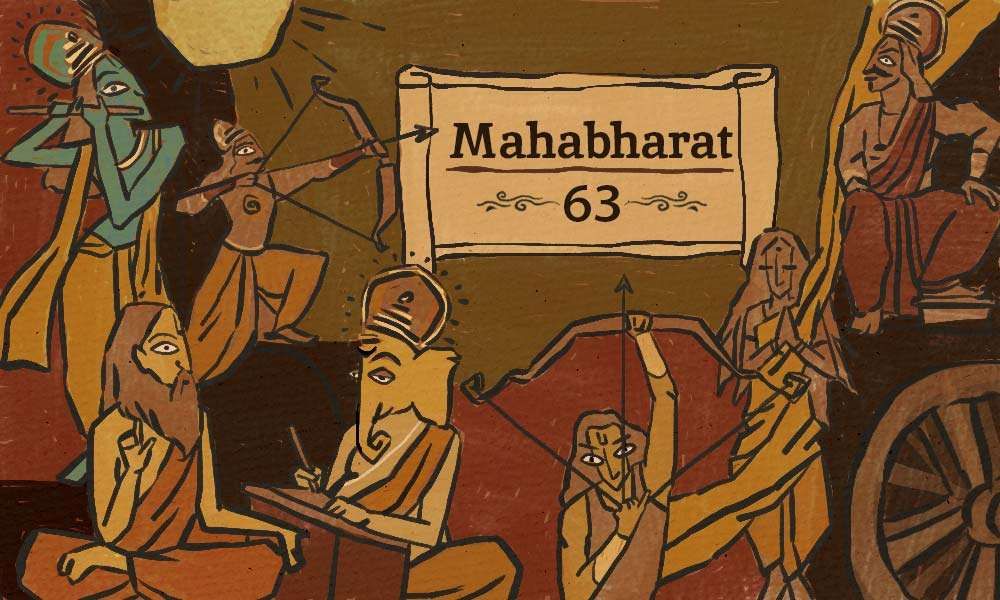Mahabharat Episode 63: How Ekalavya Lost His Thumb
In this Q&A from the Mahabharat program, Sadhguru throws light on Dronacharya’s true motivation behind demanding the cruel offering of Eklavya’s thumb and disabling him as a master archer.

Most of us probably know the surface story to this question: Once, when Arjuna comes to know that there is a tribal boy, Ekalavya, who secretly learned the art of archery from Dronacharya, and that his mastery is even greater than his own, he feels threatened in his status as the best archer. He complains to Dronacharya about the situation, and Dronacharya asks Ekalavya to cut off his own right thumb as a guru dakshina . Ekalavya offers his thumb without hesitation, even though it meant he could not be a master archer anymore.
Questioner: Sadhguru, what can we learn from the story of Ekalavya? He was a greater archer than Arjuna but still lost out.
Sadhguru: Dronacharya’s wicked mind and Arjuna’s limitless vanity created this situation, where they could not bear someone else doing well. Drona clearly knew what he was doing was wrong. This would have been a great opportunity for him to knock Arjuna on the head and tell him to transform himself. But that was not what Dronacharya did because he was only thinking of Arjuna and his brothers as future kings, so he did not want to displease them.Subscribe
I am constantly knocking people on the head. I do not miss an opportunity of making myself unpopular with people. It is very easy to be popular. Wanting to be popular is corruption. So this situation shows the corruption of Drona’s mind and of the clan that he bred later on. This corruption flowered into absolute meanness when Ashwatthama killed Draupadi’s five children. Drona and Ashwatthama together as father and son did the most horrific things in the whole war. The other warriors exercised some restraint, though they had the kingdom at stake and their blood was boiling. But from the beginning, Drona was corrupt.
His childhood friend Drupada promised him that whatever they would make out of their lives, they would share it. But after becoming a king, Drupada went back on his promise. As a young boy, you may say something, but for Drona to actually come and ask Drupada to give him half of his kingdom is meanness at its worst, and misuse of friendship. Drona could easily have found employment in Drupada’s court, and he would have been paid and treated well. But he said, “I did not come here for charity. I have come as a friend. Give me half of your kingdom!” Drona was an enormously talented man, but his meanness and corruption resulted in a tragedy for Ekalavya.
This is the lesson to be learned: If you ever teach anyone something, there should be no price to it. It is a fortune that someone is willing to receive something from you. If you give something to someone, never set a price for it. The moment you set a price, you are the embodiment of corruption.
To be continued...
The articles of this series are based on talks by Sadhguru during the Mahabharat program at the Isha Yoga Center, Coimbatore, in February 2012. Guided by Sadhguru, participants went on a mystical exploration into the wisdom of this immortal saga, through music, dance, and spiritual processes.


